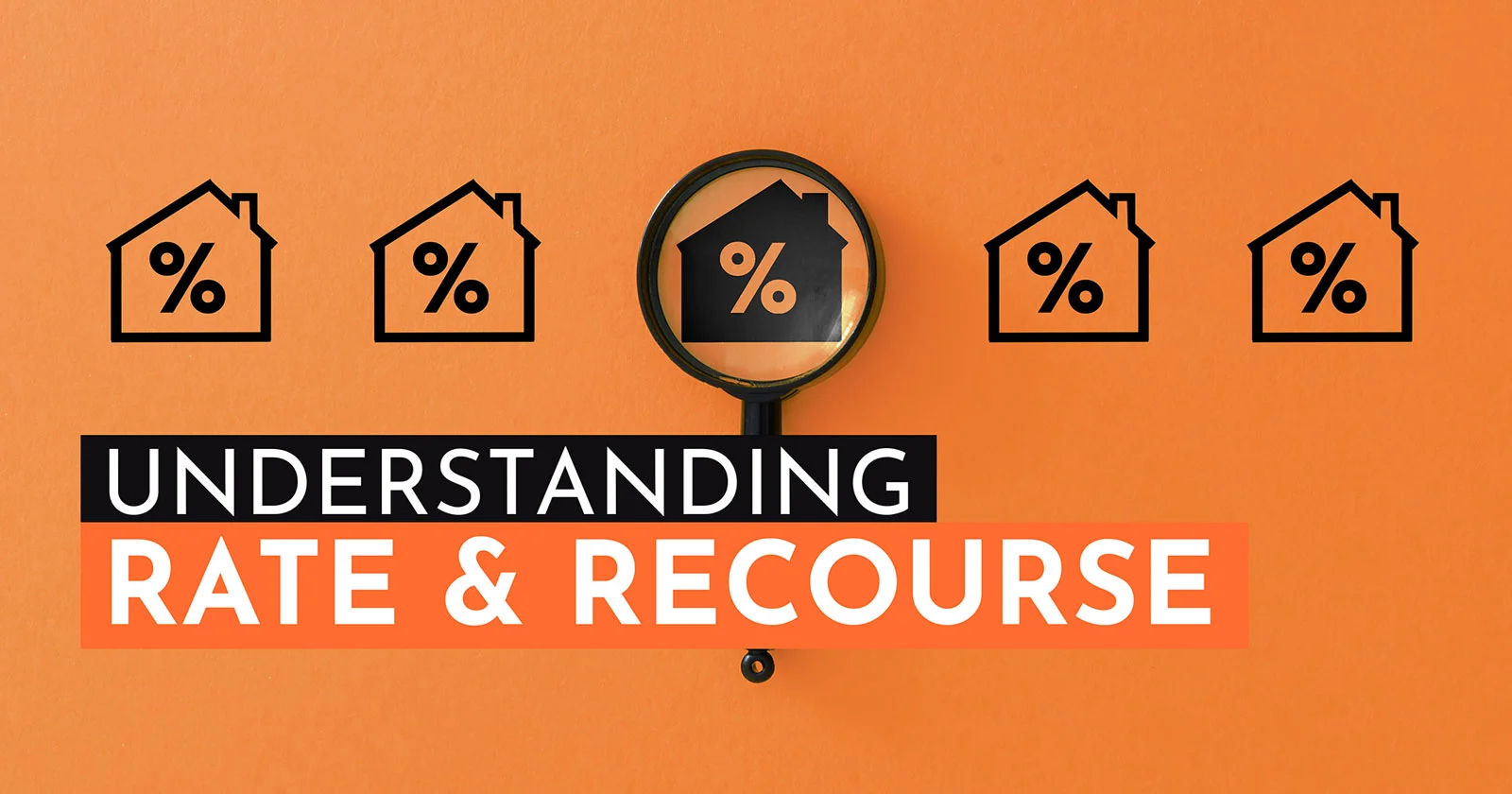When it comes to new builds or home renovations, a general contractor’s checklist can be far-reaching. As the liaison between owners, subcontractors, architects, inspectors, and suppliers, a contractor’s knowledge and processes must be thorough and efficient to succeed.
Sometimes, working with a general contractor can be difficult and costly for real estate investors. With over 69% of homeowners reporting poor contractor performance as the single greatest reason for underperformance, many residential flippers have taken a proactive approach to minimizing poor performance. To mitigate this risk, some investors take the necessary steps to become their own general contractors.
Below, we will break down the role of a general contractor. Then, we’ll discuss the perks of being your own general contractor and the steps you need to take to get licensed.
What is a General Contractor?
Before discussing the perks of being your own general contractor, it’s important to know what a general contractor actually does! Often, general contractors are mistaken for builders. However, they are not the same, as the general contractor’s role has a greater scope with more responsibility.
Builder vs. Contractor
When it comes to a builder or owner builder vs. a general contractor, builders are tasked with a more specialized, specific role–the building or remodeling of the home. A builder is a subcontractor under the general contractor, focusing on direct construction work, like concrete work, finishing, and framing.
A general contractor, on the other hand, is focused on project management more than physical labor. They are tasked with:
- Coordinating subcontractors
- Communicating with owners, vendors, architects, and other project professionals
- Ensuring the project stays on track
In essence, the general contractor’s job is to ensure the project stays on schedule, within budget, and compliant with state and local building codes.
The Pros & Cons of Being Your Own General Contractor
Hiring a general contractor for home remodeling or new-build projects requires a level of trust that can be hard to achieve. That is why investors who prefer more control over the day-to-day operations decide to get licensed.
While there are additional fees and exams involved in general contractor licensing, the pros far outweigh the cons for investors. Aside from having more say and insight into your investment project, you gain a wealth of knowledge around:
- Property inspections and identifying repair needs and hidden hazards
- Overall repair and project cost estimates
- Renovation or construction timelines
With this information, investors are better equipped to identify profitable opportunities, strategize, and succeed in the real estate investment market. While hiring a contractor to build a house or renovate a flip can be worthwhile for first-timers, savvy investors looking to capitalize on multiple properties benefit significantly from the cost savings, new opportunities, and leverage gained from being their own general contractor.
Cost Savings
General contractors turn a profit by upcharging on materials and labor. Though it is not an inherently immoral practice, there are unsavory characters in the general contracting space. While some contractors may upcharge 15%, others may extend timelines and overcharge 40% to 50%. All of these additional costs shrink an investor’s ROI.
However, if you choose to be your own general contractor, you eliminate the 15-50% upcharge fees associated with outsourcing a contractor, while gaining peace of mind!
Greater Autonomy
As an investor/general contractor, you maintain full control over operations and decision-making processes. Enhanced autonomy on construction/rehab sites often shrinks communication funnels. This helps to facilitate operations, reduces the risks of budgets, and prevents instructions or plans from being overlooked or misunderstood.
With more control and smoother communication pipelines, investors/general contractors are less likely to fall victim to “scope creep.”
Scope Creep – When an investor or property owner sets clear project milestones, but a general contractor misses deadlines or requests a greater budget.
For novice investors, scope creep can end up costing you tens of thousands of dollars without any insights or the ability to pivot. However, if you choose to be your own general contractor, you are equipped with the knowledge, autonomy, and say to offer less costly or more beneficial solutions.
Unlocking New Opportunities
With the U.S. housing market inventory short by over 3.7 million homes, the prospect of building new construction homes to meet current market needs is more appealing than ever. Additionally, investor contractors are equipped with the knowledge, resources, and licenses to streamline permitting processes, win contracts, and capitalize on the latest market demands.
With hundreds, if not thousands, of new construction jobs and contracts on the agenda for cities nationwide, being your own general contractor gives you leverage and experience over the competition.
Financing Leverage
As a licensed general contractor, lenders view you as an experienced and knowledgeable investor within the real estate investment market. This heightened authority can give you more leverage when negotiating interest rates or the size and number of loans you can be approved for at once.
How to Be Your Own General Contractor
Requirements for general contractor licensing vary by state. Fortunately, some states have reciprocity agreements that allow licensed general contractors to operate in other states. Florida, for example, has reciprocity agreements with North Carolina, California, Louisiana, Mississippi, and Georgia.
It’s important to visit your state’s Licensing Board for General Contractors website to learn the state’s specific licensing requirements. However, in most cases, states require:
- Proof of education
- Relevant work experience
- The passing of general contractor licensing exams
With some states requiring two- to four-year training programs, the learning curve can be steep. However, the perks of being your own general contractor far outweigh the costs. Additionally, the knowledge, experience, and tools gained through your training will help improve all aspects of your business operations.
By knowing what to look for and how to solve problems efficiently and effectively, licensed investors will save money, unlock greater opportunities, and gain peace of mind with complete operational autonomy.
Helping Investor/General Contractors Succeed in the Real Estate Investment Space
For over a decade, CIVIC has helped investor-turned-contractors navigate the complexities of real estate financing. As one of the most reliable short-term capital lending partners on the market, our company provides the tools and resources to help you capitalize on the latest market demands.
Our Fix and Flip Financing & Construction Loan options offer investors:
- Flexible short-term options
- Up to 100% of rehab/construction budget financing
- No pre-payment penalties
- 1-4 non-owner occupied unit residential, townhomes, and condos are eligible
If you’re looking to reap the benefits of being your own general contractor and expand your portfolio, CIVIC has the industry insights, tools, and capital to help you succeed. CLICK HERE to schedule a FREE consultation today.
Authored by Bianca Montalvo
SEO copywriter and strategist




